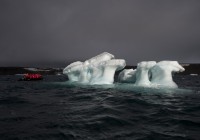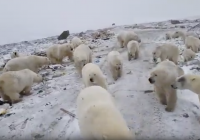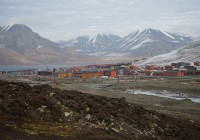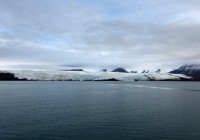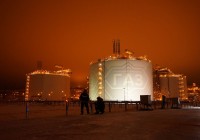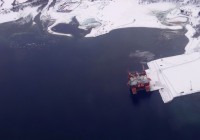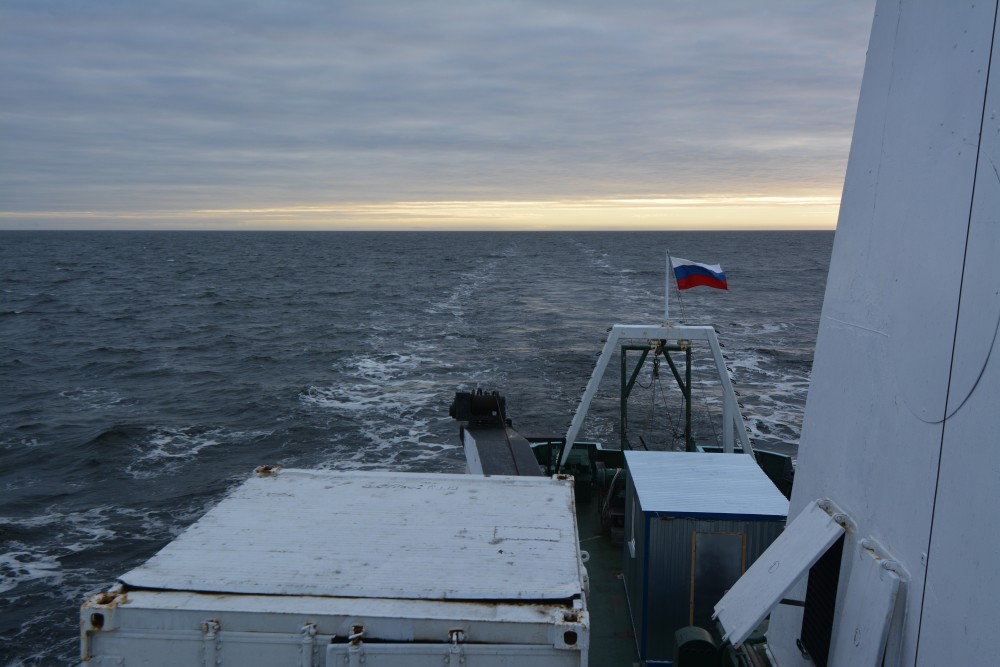
With more dark clouds in horizon, Russian Arctic meteorologists get almost a billion for studies of the weather
ADVERTISEMENT
The Russian government this week announced that it is allocating 868.75 million rubles (€11.6 million) to the Transarktika-2019 program, an initiative managed by the country’s state meteorological institute Roshydromet.
The goal is to improve the system of Russian meteorological security connected with maritime activities in the Arctic, the government says.
As part of the initiative, a series of complex scientific studies and monitoring operations will be conducted to review the level of pollution in the region. Four of Roshydromet’s Arctic research vessels will be applied in the studies, including the «Akademik Tryoshnikov» that will be frozen into the Arctic ice and drift with the current.
The «Mikhail Somov» will conduct research along the edges of the Arctic seas, while the «Professor Multaovsky» will sail from Vladivostok to the Kola Peninsula in a research expedition. In addition, the «Professor Molchanov» will serve as venue for training and education activities.
The Transarktika-2019 starts as the Russian Arctic is undergoing unprecedented climate change with average temperatures far beyond normal. In parts of the region, the average temperatures have increased with up to five degrees Celsius in less than 30 years.
At the same time, regional Russian industrial activities are rapidly on the increase and shipping on the Northern Sea Route is bigger than ever. And far more is to come. The target set by President Putin is 80 million tons of goods on the route by year 2024, an 8-fold increase from year 2017.
ADVERTISEMENT
«In order to provide safe shipping in this region, with these major volumes, it is absolutely necessary with a developed system of hydrometeorological service,» Roshydromet Director Maksim Yakovenko underlined in a recent interview with news site korabel.ru.
It is the observation network that constitutes the by far most expensive part of the research, Yakovenko says and makes clear that the stations are scattered over the Arctic in inaccessible and remote areas.
Over the last 30 years an number of the country’s Arctic research stations have closed and abandoned. But now revival is on its way, Yakovenko underlines. The goal of the institute is renovate and reopen a big number of the former stations.
«We plant to modernise forty station, all of which are located in inaccessible areas, and 30 abandoned stations will be revived.»
ADVERTISEMENT
The Barents Observer Newsletter
After confirming you're a real person, you can write your email below and we include you to the subscription list.



